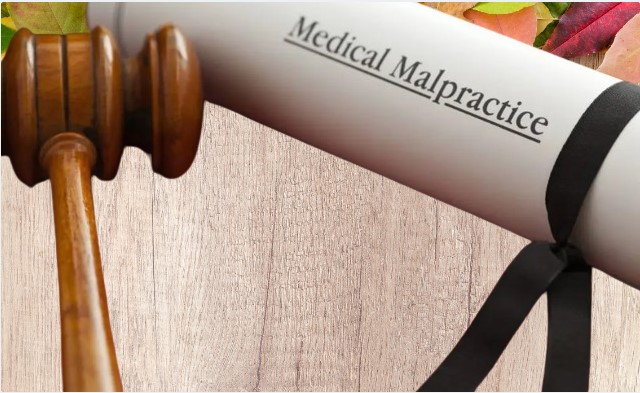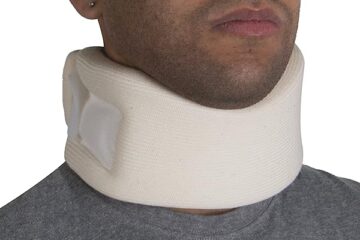Understanding the Complexities of Medical Malpractice in Virginia
Medical malpractice is a significant concern for anyone seeking healthcare services. In Virginia, as in many other places, this issue not only affects the quality of healthcare but also challenges the trust between healthcare providers and their patients. This article aims to shed light on the intricacies of medical malpractice in Virginia, providing you with valuable insights and solutions to this critical issue.
The Reality of Medical Malpractice in Virginia
The state of Virginia, like many others, is not immune to the problems of medical malpractice. A study by Johns Hopkins Medicine reveals a startling statistic: medical errors are the third leading cause of death in the United States, underlining the gravity of the issue. This statistic is a stark reminder of the potential risks involved in medical treatment and the importance of understanding and addressing medical malpractice.
What Constitutes Medical Malpractice?
Medical malpractice occurs when a healthcare provider deviates from the standard of care in the treatment of a patient, causing harm or injury. This can include errors in diagnosis, treatment, aftercare, hospital negligence, or health management. In Virginia, the legal framework surrounding medical malpractice is complex, necessitating a thorough understanding for both healthcare providers and patients alike.
Key Elements of Medical Malpractice:
- Breach of Standard Care: Healthcare providers are expected to adhere to a standard level of care. Any deviation from this can be considered negligence.
- Injury Caused by Negligence: It must be proven that the injury was a direct result of the negligence.
- Significant Damage: For a case to be considered malpractice, the patient must demonstrate significant harm.
Navigating the Legal Landscape
In Virginia, the legal landscape around medical malpractice involves several key components. It is essential to understand these to effectively deal with any situation involving potential malpractice.
- Statute of Limitations: Virginia law stipulates a specific timeframe within which a medical malpractice lawsuit must be filed.
- Damage Caps: The state imposes caps on the amount of compensation that can be awarded in malpractice suits.
- Expert Testimony: Virginia law requires expert testimony to establish the standard of care and demonstrate how it was breached.
A Real-World Scenario
Consider the story of John, a resident of Virginia. John underwent surgery but suffered severe complications due to a misdiagnosis. This led to additional surgeries and prolonged recovery time, impacting his quality of life and financial stability. John’s experience highlights the profound effects that medical malpractice can have on a patient’s life.
Finding Solutions and Support
If you or a loved one has been affected by medical malpractice in Virginia, it is crucial to seek professional guidance. An experienced medical malpractice attorney can provide the necessary support and representation to navigate these complex legal waters.
Why Seek Legal Assistance?
- Expertise: Lawyers specializing in medical malpractice have the knowledge and experience to handle these complex cases.
- Guidance: They can guide you through the legal process, ensuring all procedures are correctly followed.
- Advocacy: A skilled attorney will advocate on your behalf, seeking the compensation and justice you deserve.
FAQs: Understanding Medical Malpractice in Virginia
- What is the statute of limitations for filing a medical malpractice lawsuit in Virginia? The timeframe for filing a medical malpractice lawsuit in Virginia is generally two years from the date of the incident. However, certain exceptions may apply, so it is crucial to consult with an attorney for specific advice.
- Are there caps on damages in Virginia medical malpractice cases? Yes, Virginia law imposes caps on the amount of compensation that can be awarded in medical malpractice suits. These caps vary depending on the year of the incident.
- How important is expert testimony in a Virginia medical malpractice case? Expert testimony is crucial in establishing the standard of care and demonstrating how it was breached. It plays a vital role in the outcome of the case.
Conclusion
Medical malpractice in Virginia is a complex and sensitive issue. Understanding your rights and the legal landscape is crucial in addressing this challenge. If you find yourself facing this difficult situation, remember that seeking professional legal assistance can provide the support and guidance needed to navigate these challenging waters.



